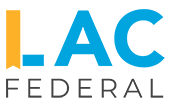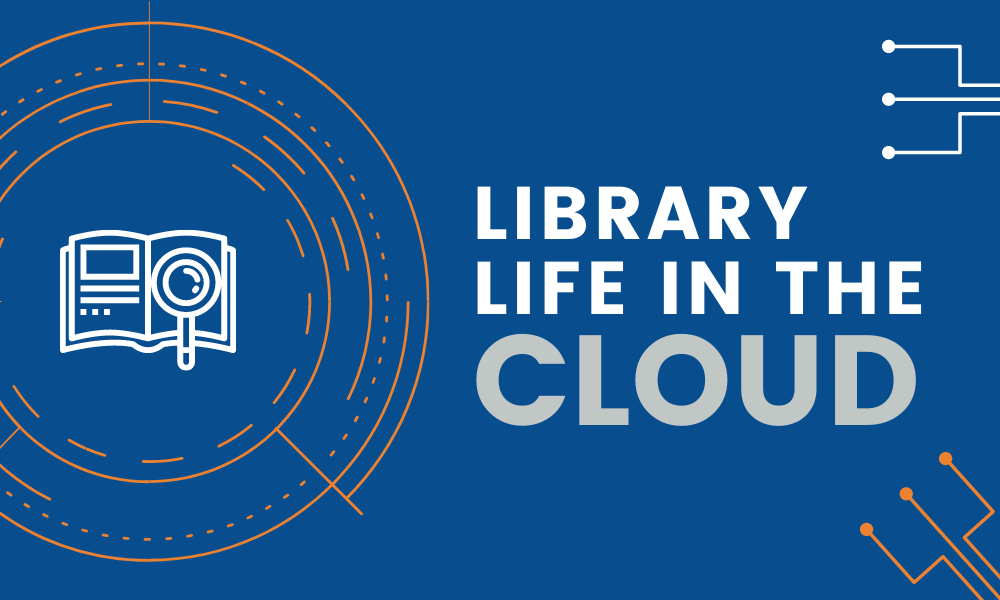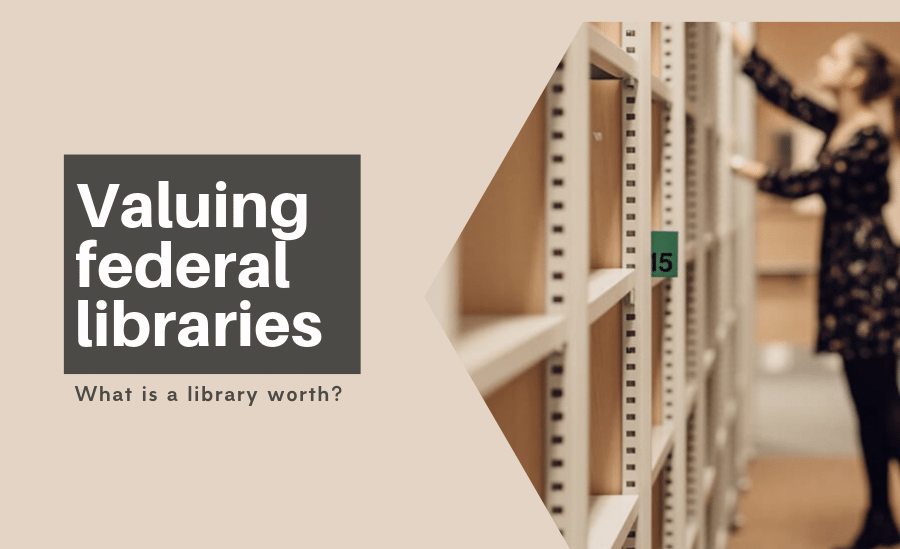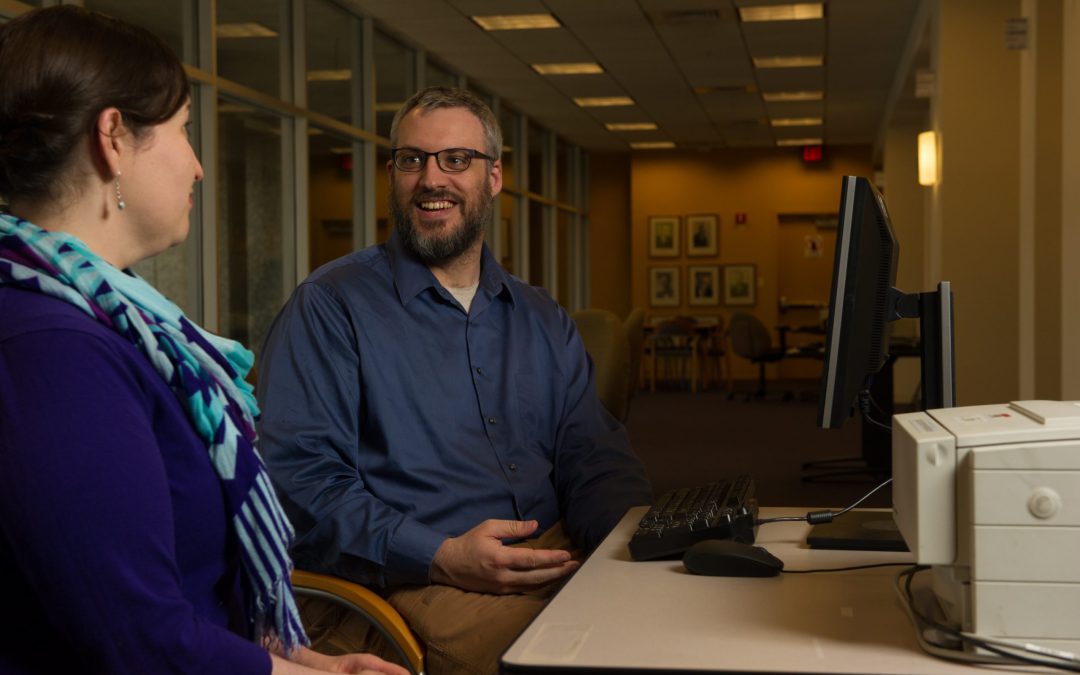Fake information affects all aspects of society. People from varying education and employment backgrounds can easily be fooled by unreliable and unverified information.
Libraries and information centers are re-emphasizing their commitment to teaching patrons about critically reviewing resources for their occupational research needs, to ensure information accuracy and validity.
The 2018 American Library Association Anual Conference in New Orleans hosted various sessions that explored information literacy. Following are some of the key points I took away as a conference participant.
Making the framework work
Adapting the ACRL framework for information literacy
In one session, all the panelists agreed that not every student learns at the same pace. Adjustments can be made to fit the targeted patron audience, including a working adult population, which involves utilizing different methods and tools.
This is part of the ACLR (Association of College and Research Libraries) framework for information literacy in higher education. According to ACLR:
“…the rapidly changing higher education environment, along with the dynamic and often uncertain information ecosystem in which all of us work and live, require new attention to be focused on foundational ideas about that ecosystem. Students have a greater role and responsibility in creating new knowledge, in understanding the contours and the changing dynamics of the world of information, and in using information, data, and scholarship ethically. “
Knowing the audience and their researching needs are key steps when designing sessions for your respective libraries. Receiving feedback from both students and instructors is helpful to improve the sessions and making modifications for different working adult populations.
Shift to learner-centered tactics
Regardless of the library’s audience, librarians and information centers are moving toward /or instituting a learner-centered pedagogy. According to Kevin Michael Kipfel and Dani Brecher Cook’s Learner-Centered Pedagogy: Principles and Practices, they take an emphatic approach to providing people a meaningful learning experience. Part of achieving that meaningful learning experience is to emphasize the person’s curiosity and provide them the necessary resources and materials. Additionally, information specialists should connect the person’s interests to the real world, emphasizing that critical thinking is a continuous process that applies to all matters in life.
Motivating library learners
SOME THEORIES TO ENHANCE TEACHING
One session explored the theoretical side of motivating people into learning about information literacy that can be applied to any person, regardless of background. The panelists discussed three motivation models:
- Expectancy Value Theory emphasizes meaningful process, progress and value in completing a work task or assignment.
- Keller’s ACRS Model is useful for people who are intimated by conducting research. The four components of this model are Attention, Relevance, Confidence, and Satisfaction. Information specialists and librarians stimulate the patron’s interest in learning, emphasize the importance of learning and provide them with confidence and gratification that can be applied when teaching to conduct research.
- Monroe’s Motivated Sequence consists of five components: Attention, Need, Satisfaction, Visualization and Action. Librarians and information specialists assist the patron to identify and explain their research question, see the impact in addressing it and take the necessary steps to complete their research question.
Information literacy outside higher education
Ian Berlin from Columbia University implores that critical thinking must never end, bringing critical pedagogy outside the libraries. This analysis is essential for working adults from various occupations, including those in government, law and business. Librarians and information specialists take the learner-centered approach by knowing about the audiences and their workplace and provide them the resources to achieve their goals.
Information literacy in federal agencies
One example of the need for data and information literacy in federal government is the agency where I work as a librarian. The mission of the Bureau of Alcohol, Tobacco, Firearms and Explosives (ATF) National Laboratory Center is to provide accurate and authoritative scientific information needed to reduce violent crime and protect the public. The center provides training for inexperienced firearm and tool-mark examiners through the National Firearms Examiner Academy (NPEA).
One of my responsibilities is to provide research sessions for NPEA trainees. Therefore, a basic but critical understanding about the importance of information literacy will be my goal. Even though most of the speakers at the ALA conference were academic librarians, I can use what I learned from them about information literacy to develop sessions I need to create for NPEA students. I will be sure to convey how inaccurate information could negatively affect their grades, and how reliable information will be an asset to help them achieve their mission of protecting the public from various threats.



